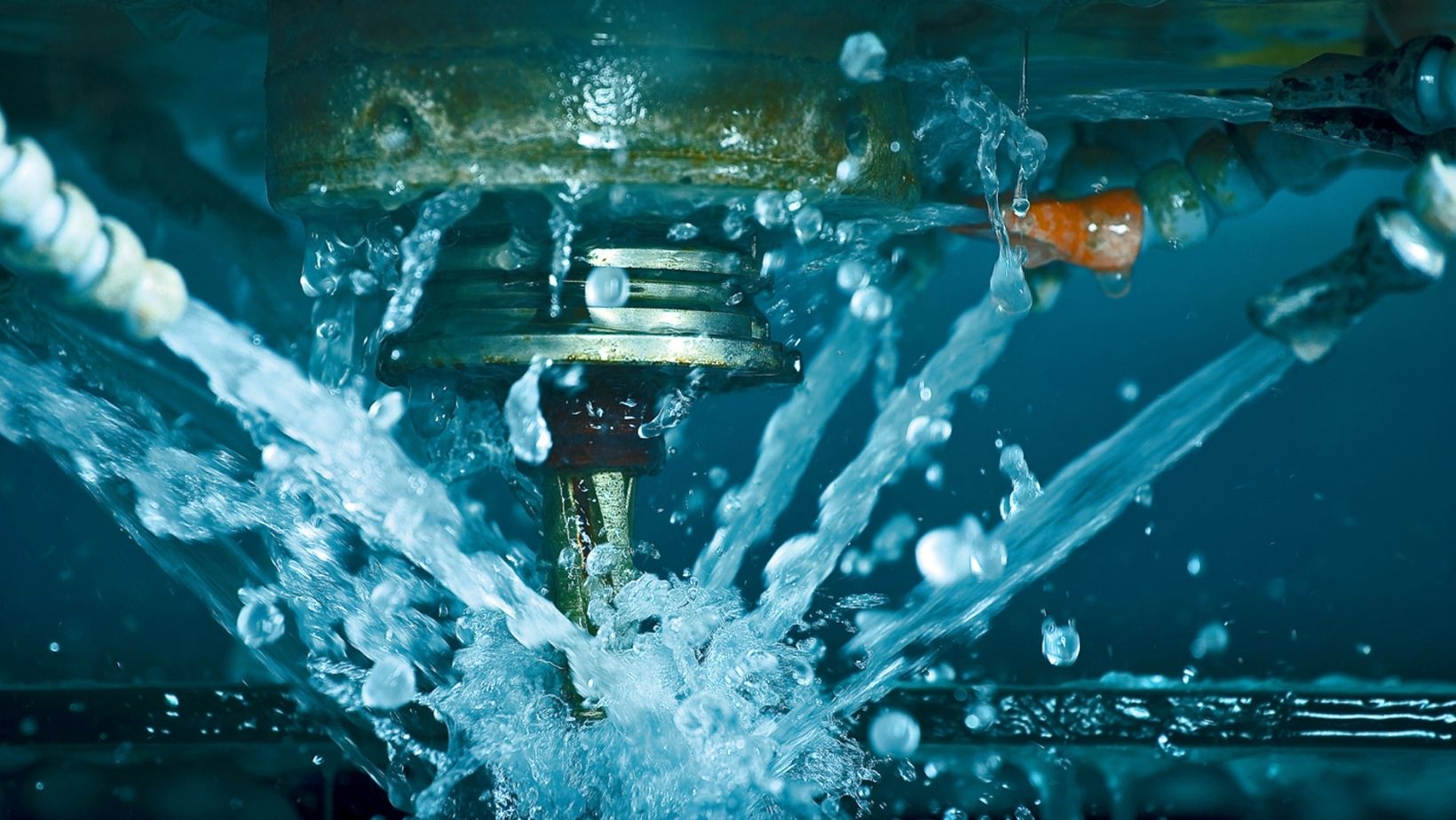CNC machines are workable in numerous materials like copper, Aluminum, plastics, etc. Each material has its strengths and ideal use; however, a new material called Polyether Ether Ketone or PEEK is becoming rapidly popular.
It is a semi-crystalline, colorless, organic polymer thermoplastic with increased chemical resistance and minimal moisture absorption. Due to its excellent strength in varying temperatures and good structural stability, it is widely used for various industrial tasks. CNC machining is one of its use cases.
PEEK material combines excellent corrosion resistance, non-abrasiveness, and biocompatibility; therefore, the manufactured parts are more durable. Since the material is soft overall, the incurred machining efforts are also less.
An Overview of The Chemical Properties Of PEEK
PEEK exhibits a melting point of 343 degrees Celsius. Hence, it is good to construct materials with heating methods up to 250 degrees Celsius without wavering the physical properties. The material comes in the shape of filaments, sheets, tubes, and bars.
The market offers two grades of PEEK material. One is the industrial grade, and the other is the medical grade. As the name specifies, industrial-grade PEEK is ideal for the chemical, aerospace, and electronics industries. Whereas the medical grade one is primarily used in the health care industry.
Pure PEEK exhibits a yield strength of 14,000 psi, 20% break elongation, and a density of 0.047 lbs. / cu. in. The glass-infused PEEK has 3% break elongation, 0.054 lbs. / cu. in. density and yield strength of 14000 psi.
Machining Suggestions for PEEK CNC Products
The chemical composition of the material is different from standard CNC machining materials. Therefore, experts have listed some machining suggestions for it. Here is a quick look.
Softening
Medical grade PEEK requires softening before machining because it contains tougher carbon structures. Softening the material increases its machineability reducing the tool wear and the overall machining expense.
Using The Right Tools
Picking the right machining tools is essential for all kinds of materials. However, the contemplations increase when working with PEEK. Experts recommend using carbide-tipped cutting tools for natural PEEK, while diamond-tipped ones work well for carbon-infused PEEK. Moreover, choosing the proper coolant is also essential (water serves ideally here).
Ensuring The Annealing Process
Most CNC machines work with materials ranging from 6 to 15mm in diameter. However, it is best to stress-relieve the material before machining. This stress-relieving process is called annealing, and it keeps the material's surface from cracking during the cutting process.
The Right Machining
When picking PEEK material for your CNC machining project, it is crucial to analyze its endurance and component design. If the outlaid design has more details and deep cavities, PEEK won’t serve ideally here as it has lower elongation than other materials.
Prevent Contamination
What is wrong with some pollutant making their way to the material? Although it may not seem so, contaminants can ruin the final piece. Especially if you are working with medical-grade PEEK to manufacture medical equipment or components, you'll need to increase the prevention level.
The Bottom Line
CNC machines can craft pieces from different materials. Some common materials used in industrial CNC machining include Aluminum, copper, ABS, PMMA, etc. However, a newer material has recently entered the market, making others less preferable. Although PEEK material is versatile and sturdy, it only serves ideally in some use cases.
The excerpt discusses all the essential considerations when working with PEEK. Yes, the substance is versatile, but some practices like softening, annealing, and contamination prevention are crucial.


